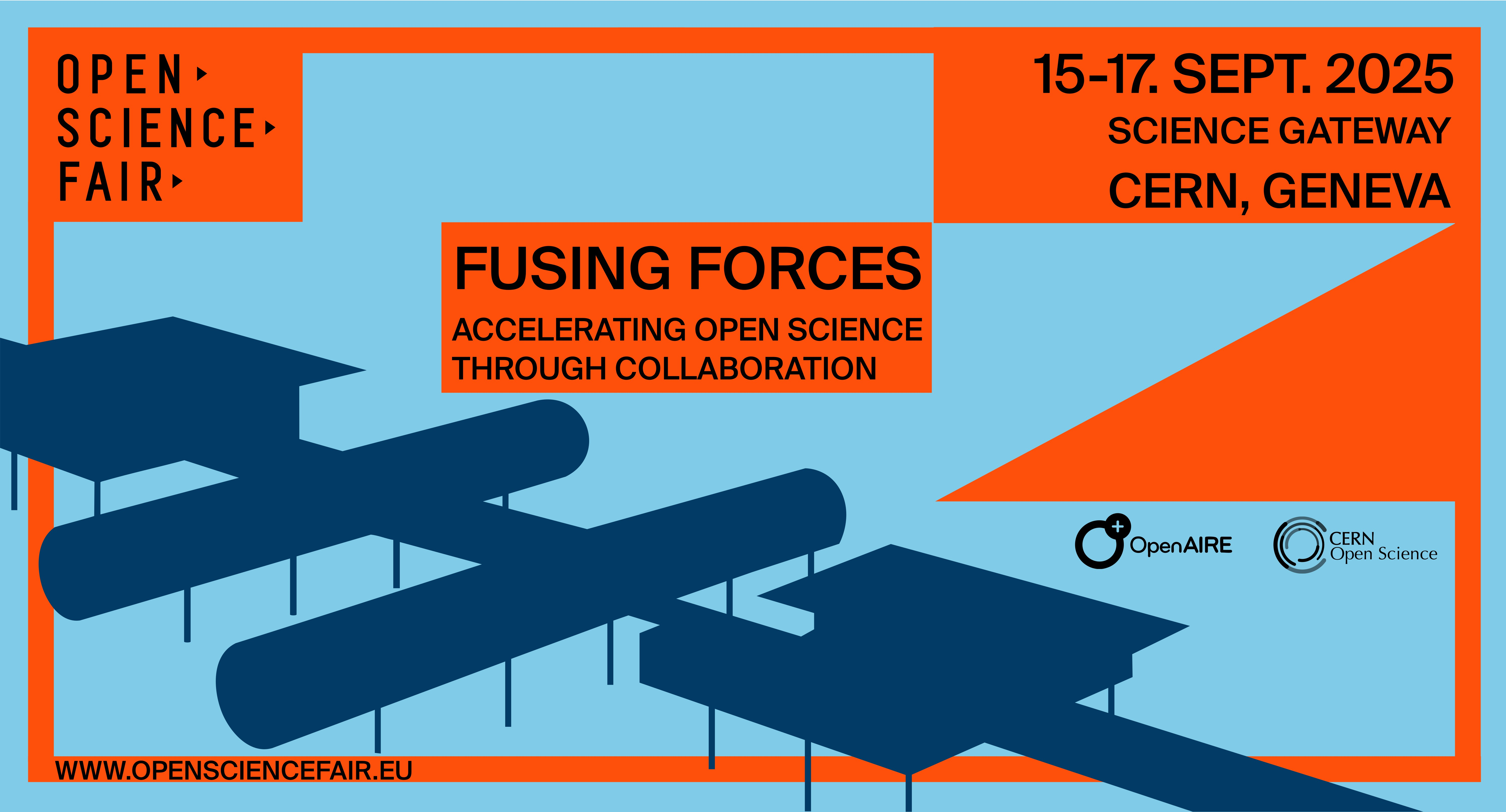Speakers
Description
Open Science infrastructures have significantly advanced global knowledge sharing, enabling wider access, collaboration, and transparency in research. However, alongside these achievements, we face substantial challenges from spam and malicious activities that threaten the integrity of scholarly communications and pollute the scholarly graph. These challenges include the exponential growth of AI-generated content that blurs the line between legitimate research and sophisticated fabrication, rampant plagiarism facilitated by easily accessible digital content, and predatory journals that exploit the openness of publication channels for commercial gain.
Further, covert and aggressive data harvesting practices threaten to take down repositories, while the dual-use nature of open platforms can inadvertently facilitate unethical uses of openly shared research. Addressing these challenges demands rigorous governance, novel technical implementations such as advanced machine-learning classifiers to detect spam, and coordinated community-driven moderation policies.
In this session, we explore practical experiences and innovative solutions from managing Zenodo, a large-scale open science infrastructures, focusing on balancing openness with robust security measures. We discuss emerging practices to mitigate risks, enhance metadata quality, and uphold the credibility and fairness of open science systems. The presentation aims to engage the community in a critical discussion about proactive strategies and collaborative approaches to safeguard open science from exploitation.
Tagline
Keeping Open Science open - but not to spam, scams, and scholarly shams.
| Keywords | Open science, spam, AI-generated content |
|---|
